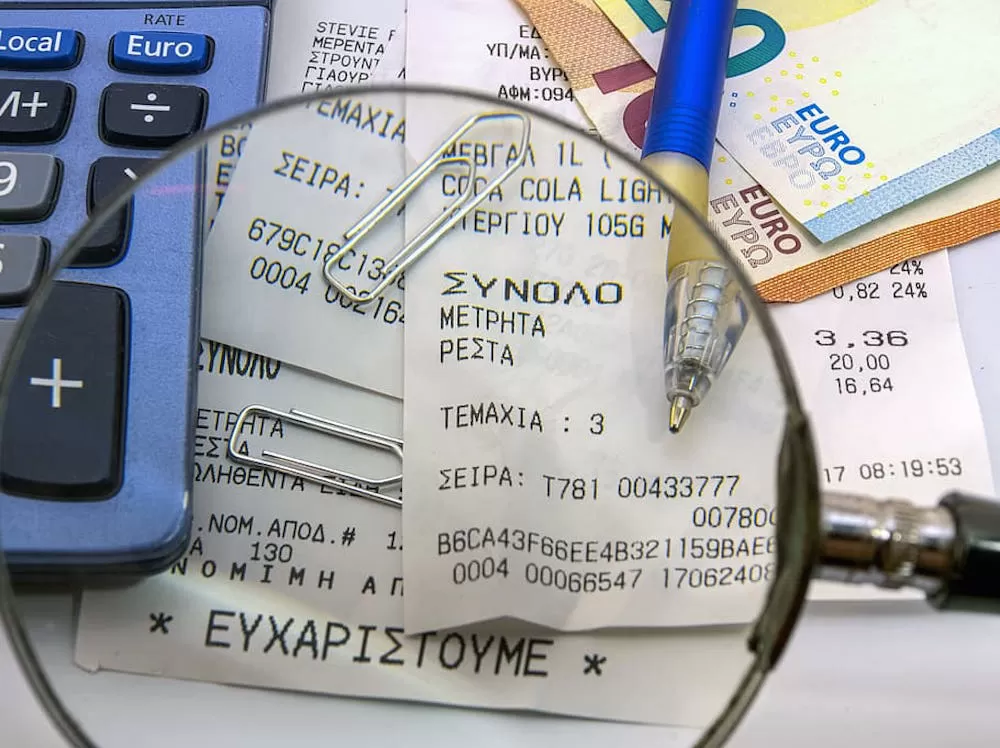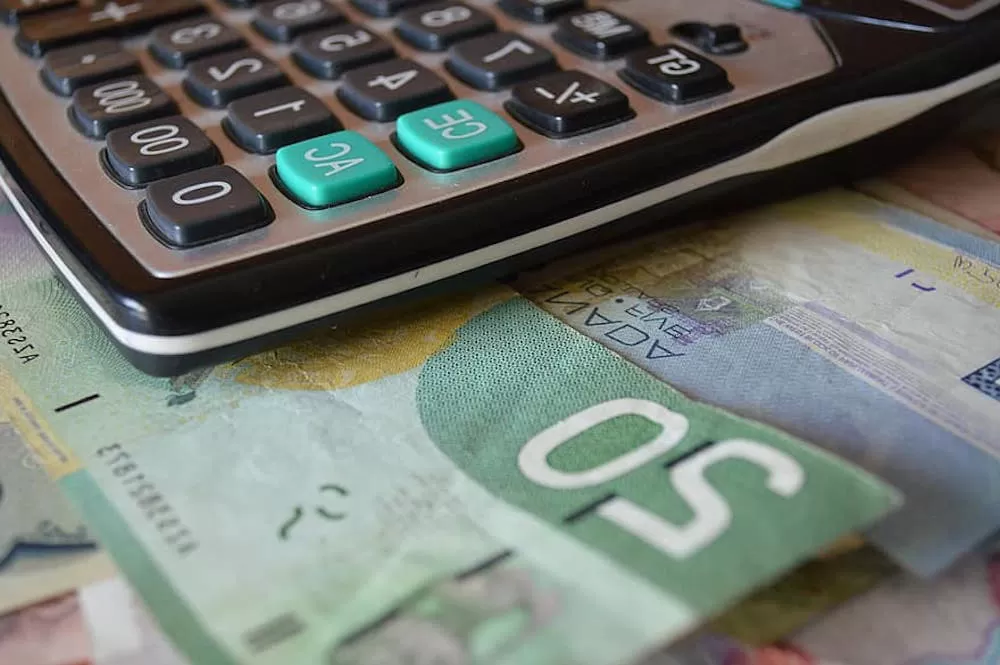
In most countries, you have to be a citizen or legal resident in order to be required to pay taxes. This rings true in Belgium too for the most part. However, they consider various factors when it comes to "legal residence" here as well. Depending on how long you actually spend time in this country, you can still get classed as a "resident" even if you didn't actually move here. Specifically, if you've spent no less than 183 days in Belgium (approximately six months), you'll be regarded as a "resident" of the country and will be taxed as such.
Perhaps the most common type of tax here in Belgium that practically everyone has to contribute is the income tax. As long as you're employed in Belgium, you're required to pay your fair share. Though the amount you have to pay depends on how much you earn annually. If you only earn up to €13,250.00 a year, you'll only have to pay 25% of your income. If you earn any amount between €13,250.00 to €23,390.00, that tax rate goes up to 40%. Earning between €23,390.00 to €40,480.00 a year will get you taxed at 45%. And any income above €40,480.00 is taxed at a rate of 50%.

Since taxpayers in Belgium are required to contribute income tax, they also have to file their tax returns every year. Similarly to many other countries out there, the tax calendar here starts from January 1 up until December 31. Though this doesn't mean the deadline for one's income tax returns is in January. That period is mostly around May or June of every year. At this time taxpayers get their returns and will have to file them on or before the date mentioned on their forms. Most of the time, the deadline is in June, but the exact date varies from taxpayer to taxpayer.
A probable reason as to why most expats living in Belgium prefer renting here instead of actually owning property is because the country imposes an annual property tax. And yes, even non-residents who, for some reason, are able to acquire property here are taxed as well. It's paid every year and the amount paid depends on its presumed rental value. As for the rate, it differs per region. In the capital city of Brussels, for instance, the rate is 2.25%. Owning property in the Flemish region will get you taxed at 2.5%. And in the Walloon region, it's at 1.25%.

Normally, if you're not a citizen, resident, or you don't even work in Belgium, you're not required to pay taxes here. However, there is a time in which you might have to. That is if you inherited a taxpayer's estate. Belgium has imposed an inheritance tax, requiring those who inherit land, money, or any other asset from a taxpayer to contribute a certain amount to be able to acquire it. The rate varies per region and the heir has to pay according to the rate instituted by the region in which the deceased lived as a taxpayer for the last five years of his/her life.
Another tax that most people, resident or not, also have to pay is the Value-Added Tax. Most countries have this and Belgium is no exception. Applying to most goods and services offered in the country, this tax has helped the national government earn enough to help keep the country afloat. Rate-wise, the standard is 21%, but there are specific goods and services in which it's lower. Basic goods, for instance, such as water supply, medicine, and certain books, are only taxed at 6%. Food served in restaurants, on the other hand, only has a VAT rate of 12%.

The more you're able to understand the taxes in Belgium, the better and easier your life would be here. Understanding a country's tax system should be one of your top-most priorities if you're moving there!
When you've had a better handle of your taxes here, you can finally fix your finances and invest in a sweet Belgian luxury apartment for your new home here.